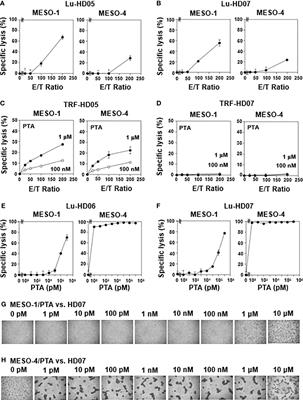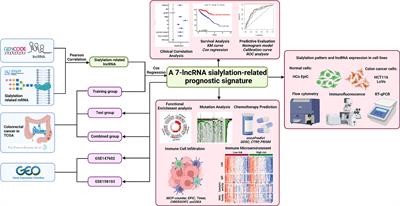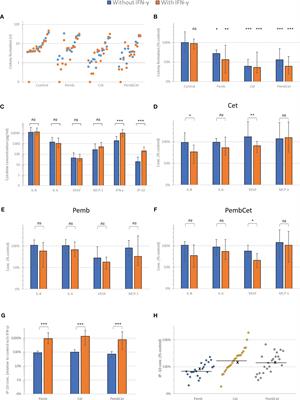EDITORIAL
Published on 26 Jul 2023
Editorial: Modulation of human immune parameters by anticancer therapies, volume II
doi 10.3389/fimmu.2023.1249099
- 663 views
14k
Total downloads
53k
Total views and downloads
Select the journal/section where you want your idea to be submitted:
EDITORIAL
Published on 26 Jul 2023
ORIGINAL RESEARCH
Published on 16 May 2023

ORIGINAL RESEARCH
Published on 17 Mar 2023

ORIGINAL RESEARCH
Published on 18 Oct 2022

REVIEW
Published on 13 Oct 2022

REVIEW
Published on 05 Oct 2022

REVIEW
Published on 05 Oct 2022

ORIGINAL RESEARCH
Published on 28 Feb 2022

ORIGINAL RESEARCH
Published on 29 Sep 2021


Frontiers in Oncology